Russia’s suspension from UNHRC aimed to hoodwink world community: Analyst
The move to suspend Russia from the UN Human Rights Council (UNHRC) is a “perception management operation” aimed at manipulating the international community into believing that Moscow committed human rights abuses in the Ukraine war, says an American political analyst.
In an interview with Press TV, Andrew Korybko, a Moscow-based American political commentator, said the UN human rights body is “merely for a show” and its membership is meant to “improve a country’s soft power across the world in the eyes of the global public”.
“It’s pretty much a perception management operation that the entire international community goes along with since it serves everyone’s interests,” Korybko told the Press TV website.
“The average person naively extends moral credence to the UN and its various organizations, believing that they are truly neutral and impartial entities,” he hastened to add.
His remarks came after the UN General Assembly suspended Russia from the UNHRC over claims of "gross and systematic violations and abuses of human rights" in Ukraine.
The resolution, proposed by the US, received 93 votes, with 24 members opposed and 58 abstaining.
Moscow denounced the UNGA decision and rejected accusations of human rights violations against it as “Western propaganda”.
Calling out the Western double standards in condemning human rights infringements, Korybko said the US-led West is trying to impose its own “subjective standards” upon others through its “hypocritical and self-interested so-called rules-based order model of unipolar hegemony”.
“By doing so, Washington is intensifying its ongoing information warfare campaign against Moscow at a global level by exploiting the masses’ naïve preconceptions about the UN and its various organizations to push the weaponized narrative that Russia carried out so-called “genocide” in Bucha,” he noted.
“This false interpretation of that very questionable incident is being propagated to advance the grand strategic goal of “isolating” that Eurasian Great Power.”
US ambassador to the UN, Linda Thomas-Greenfield, had demanded the sacking of Russia from the 47-nation body on Monday, calling its participation a “farce,” after videos and photos emerged from the town of Bucha, near the Ukrainian capital, showing dead bodies of what appeared to be civilians.
Ukraine and its Western allies accused Russia of carrying out a massacre in Bucha, but Moscow robustly rejected the charges.
“We believe that the members of the Russian forces committed war crimes in Ukraine, and we believe that Russia needs to be held accountable,” Thomas-Greenfield said on Monday.
Russian Foreign Minister Sergei Lavrov on Tuesday accused the West of seeking to sabotage negotiations between Russia and Ukraine by fueling "hysteria" over the alleged mass killing of civilians by Russian forces in Bucha, warning that the peace process could collapse if such efforts persisted.
Lavrov made the remarks in a video released by the Russian Foreign Ministry.
"We are inclined to think the reason is a desire to find a pretext to break off the negotiations that are being conducted," Moscow’s top diplomat asserted, saying that accusations came after the two sides made "progress" in their previous round of negotiations in Turkey last week.
On another US-led bid to remove Russia from the UN Security Council (UNSC), Korybko emphasized that such a plot is doomed to fail, since Moscow, like Washington, is a permanent and veto-wielding member of the council and can effectively move to block the hostile measure.
“Moscow can veto whatever Washington and its Western allies propose but that won’t really change anything in practice if they nevertheless unilaterally do whatever it is that they want anyhow,” he stressed.
“This includes illegally imposing sanctions outside the UNSC as well as launching more wars against Global South countries.”
Commenting on Russia’s vow that any vote by UN member countries for the US push to suspend Moscow from the UNHRC will be viewed as an "unfriendly gesture" with consequences for bilateral ties, Korybko said it serves as “an almost perfect replication of what happened in early March,” when the UN General Assembly passed a US-led resolution censuring Russia’s special military operation in Ukraine and demanding its immediate withdrawal.
“While the majority of the international community went along with Washington due to that declining unipolar hegemon’s pressure campaign, nearly three dozen across the Global South abstained,” Korybko noted.
“This includes major countries like China, India, Iran, and Pakistan, which are becoming the focus of Russia’s grand strategic reorientation towards non-Western states in response to the US-led West’s pressure.”
Korybko further stressed that despite 141 countries voting for the anti-Russian resolution, only a handful of them have complied with American demands to sanction Moscow, which he said “proves that the vast majority of the international community actually practices an imperfect policy of principled neutrality” whereby many may bend to Washington’s political demands but refuse to sacrifice their economic interests by continuing to conduct trade with Russia despite US pressure.
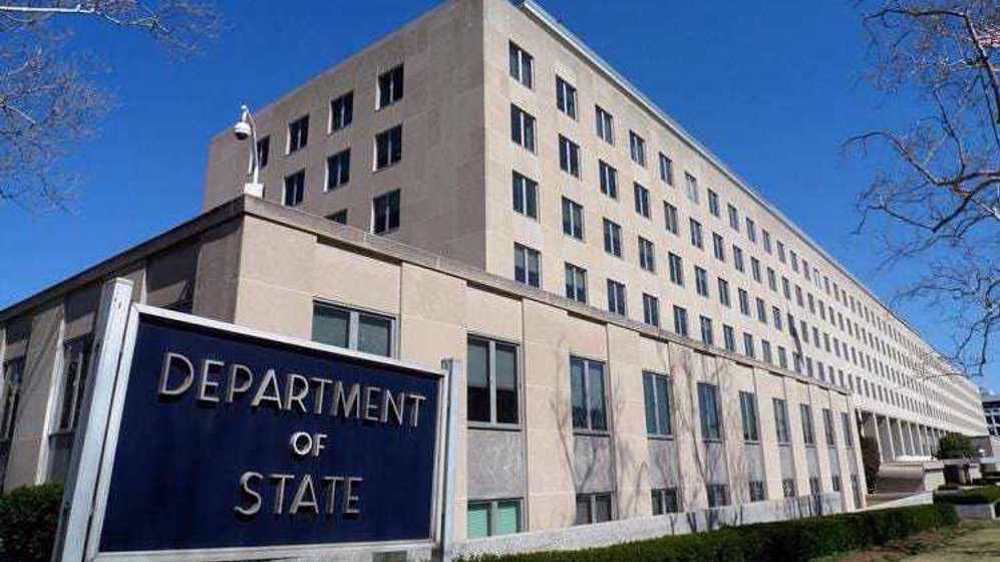
Washington designates Yemen’s Ansarullah as ‘foreign terrorist organization’

‘Day Without Immigrants’, response to US immigration crackdown
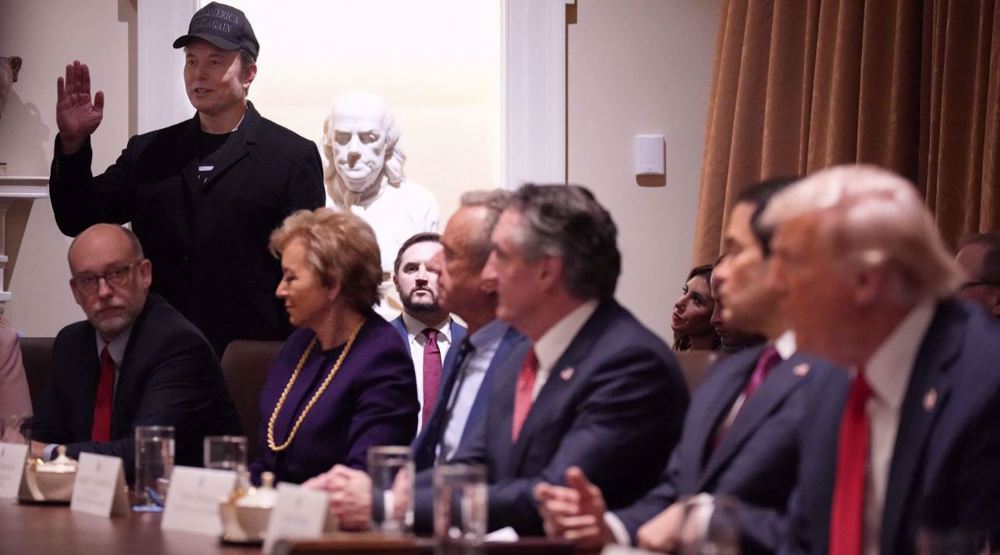
UN concerned by ‘fundamental shift’ in US policy since Trump returned to power
VIDEO | Press TV's news headlines
VIDEO | Belgian journalist lambastes Israeli aggression against Palestinians
VIDEO | Yemen warns Israel of military response over Gaza aid block
Israel's ‘internal security agency’ acknowledges failure to prevent al-Aqsa Storm
Russia: Threats of using military force against Iran’s nuclear sites ‘unacceptable’
VIDEO | Ramadan in Iran
VIDEO | Trump's controversial moves
VIDEO | Yemen downs 15th sophisticated American drone; vows to keep up support for Gaza, Lebanon


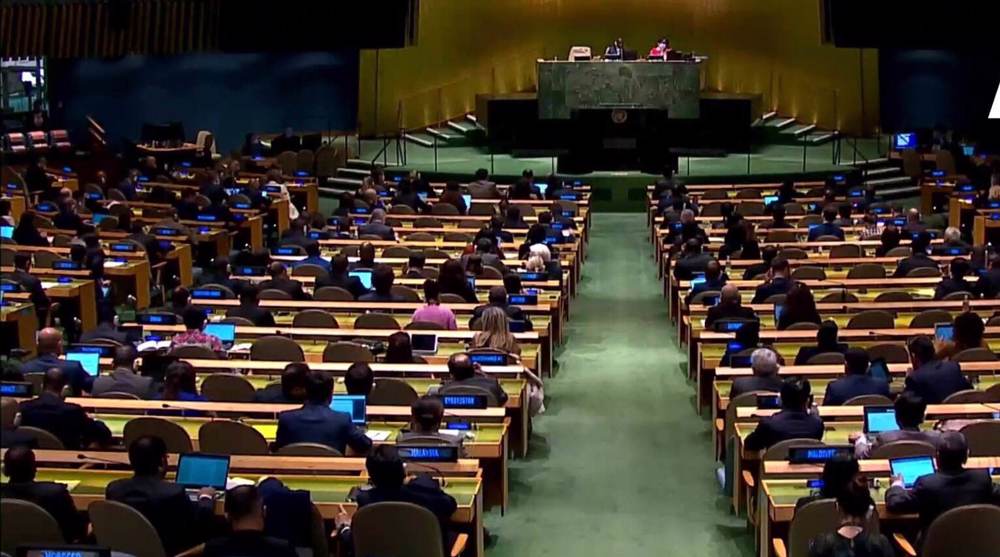
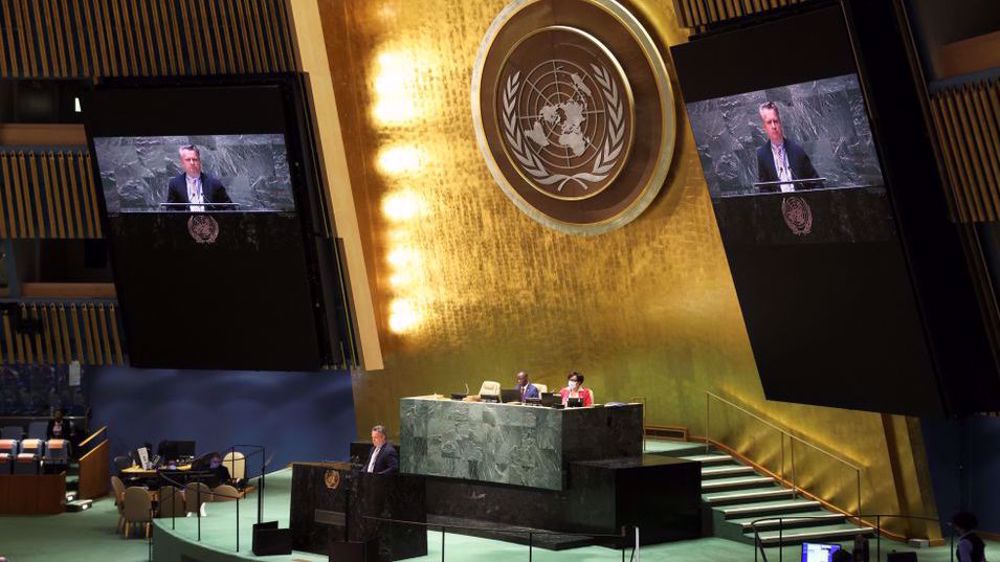
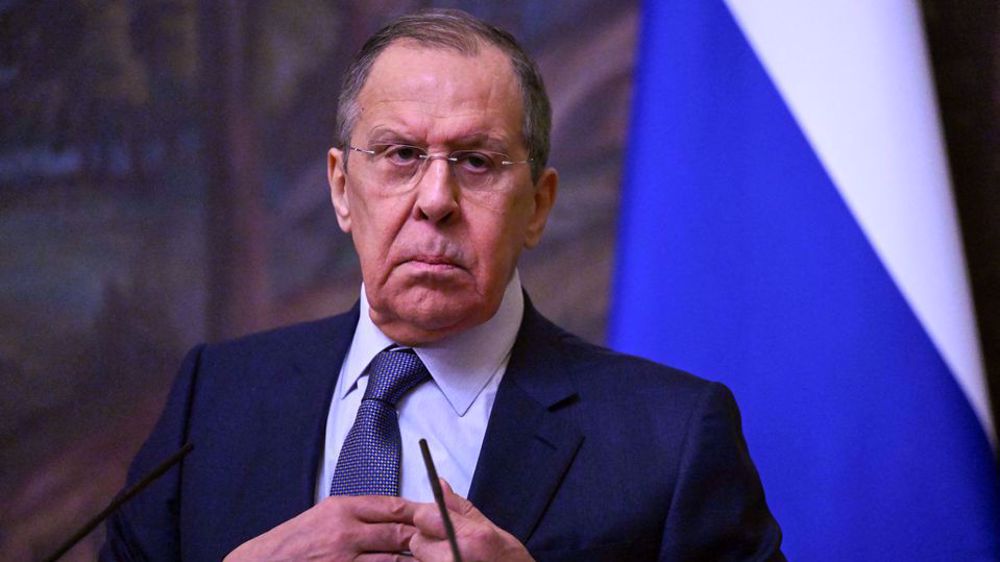



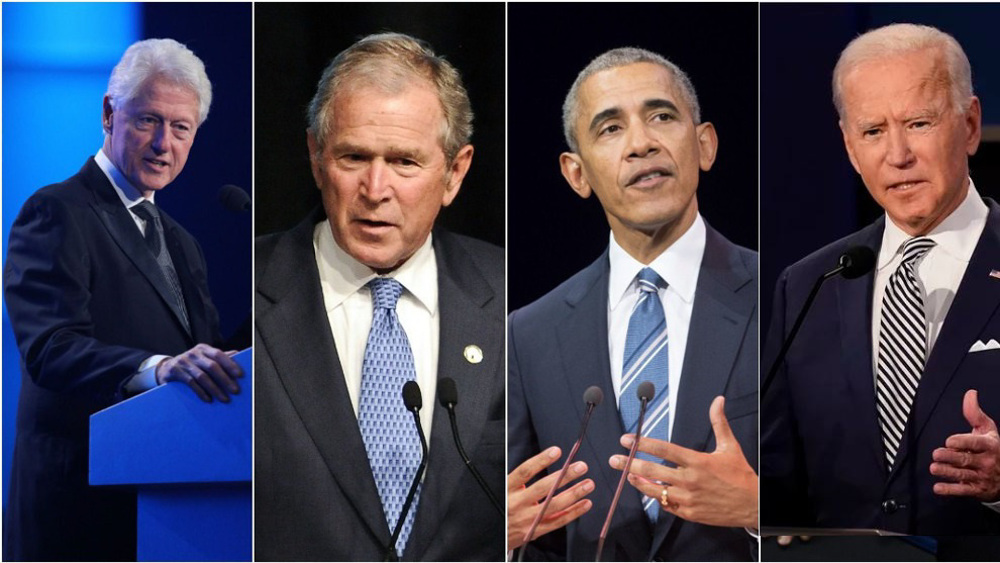
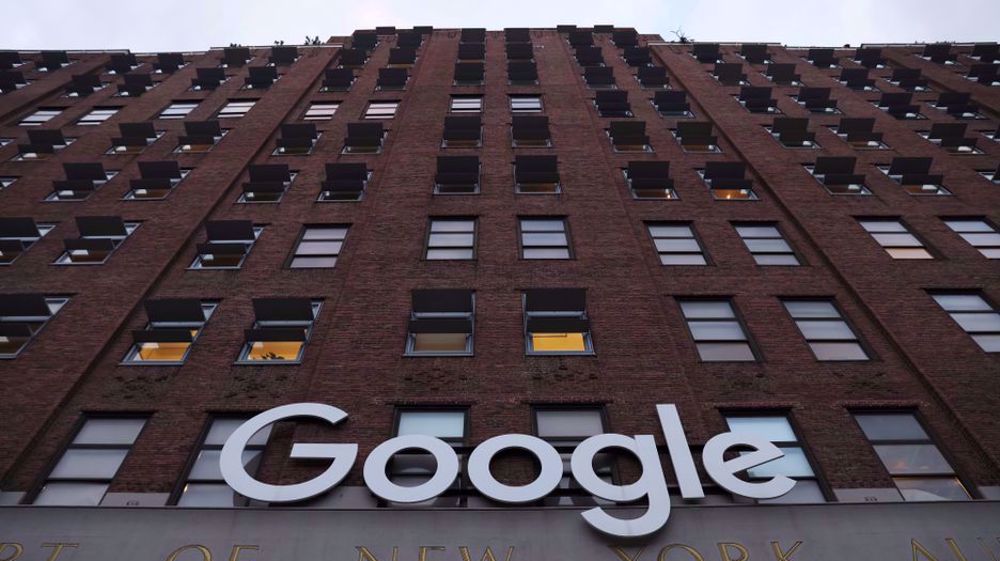

 This makes it easy to access the Press TV website
This makes it easy to access the Press TV website